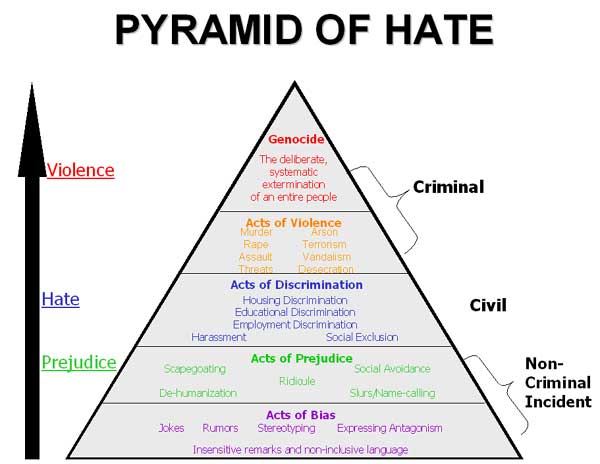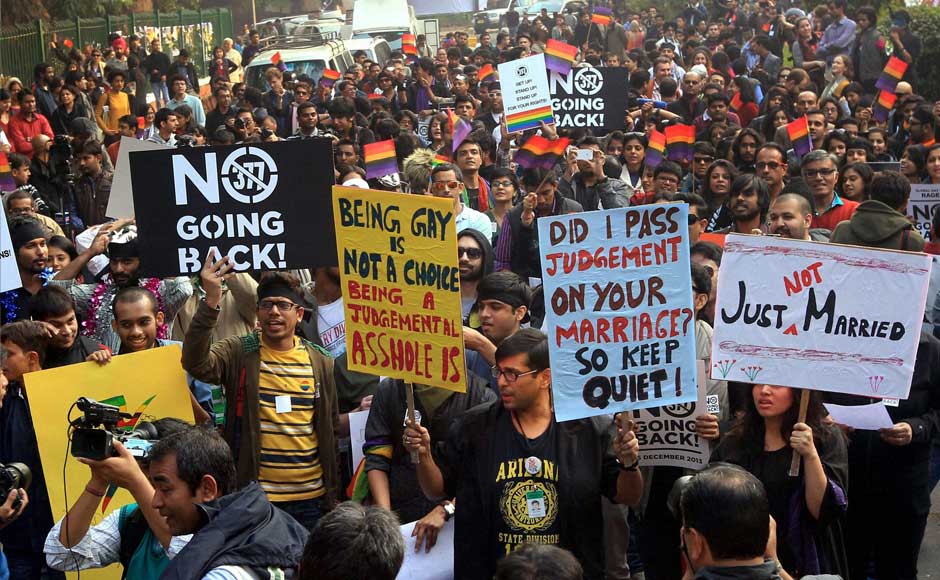As part of an ongoing series investigating the research CBS claims to have in support of their new policy, you can follow the progress of my communications with related parties here (list updates with every new related post):
- One Step Forward, Two Steps Back
- That’s Not The Question I Asked
- You’re Like, Halfway There
Canadian Blood Services has announced a new policy that will defer trans women from donating blood if they’re pre-op and sexually active with men:
But many activists are upset with the policy because it focuses on whether or not a trans person has undergone gender confirming surgery.
Goldman says the criteria will create a countrywide, streamlined mandate for all trans blood donors.
According to Canadian Blood Services, there has been an increase in potential trans donors and this prompted the organization to implement criteria for those individuals.
The policy specifically targets trans women and is similar to Canadian Blood Services’ updated guidelines for gay blood donors. On June 20, Health Canada announced that gay men would be allowed to donate blood if they had abstained from sex for at least one year.
Trans women who undergo gender confirming surgery will have to wait one year before they can donate blood. After the wait period, Canadian Blood services will also identify them by their reconfirmed gender. “If a trans woman has not had [gender confirming surgery], that person would be considered as a male having sex with a male,” Goldman said.
Canadian Blood Services says there are regulations specific to trans women because that demographic is at high risk for HIV.
According to the Interagency Coalition on AIDS and Development, an estimated 27.7 per cent of trans women in Canada are living with HIV.
“There is a very high HIV prevalence rate in trans women,” Goldman said. “So we are obliged to treat (them) as a high risk group.”
There seems to be a taken assumption made by Dr. Goldman that post-operative trans women are less likely to contract HIV than pre-operative. Now as a demographic the stats hint that we do experience higher rates of HIV, but the exact extent to which this is a problem is difficult to pin down with existing data for reasons I’ll get to in a minute. And I suspect the elevated rates of HIV in our community have far more to do with socioeconomic discrimination than our genitals. So what does the Interagency Coalition on AIDS and Development even say?
Let’s find out: (emphasis mine, plus I’ve added paragraph breaks to make it more readable)







